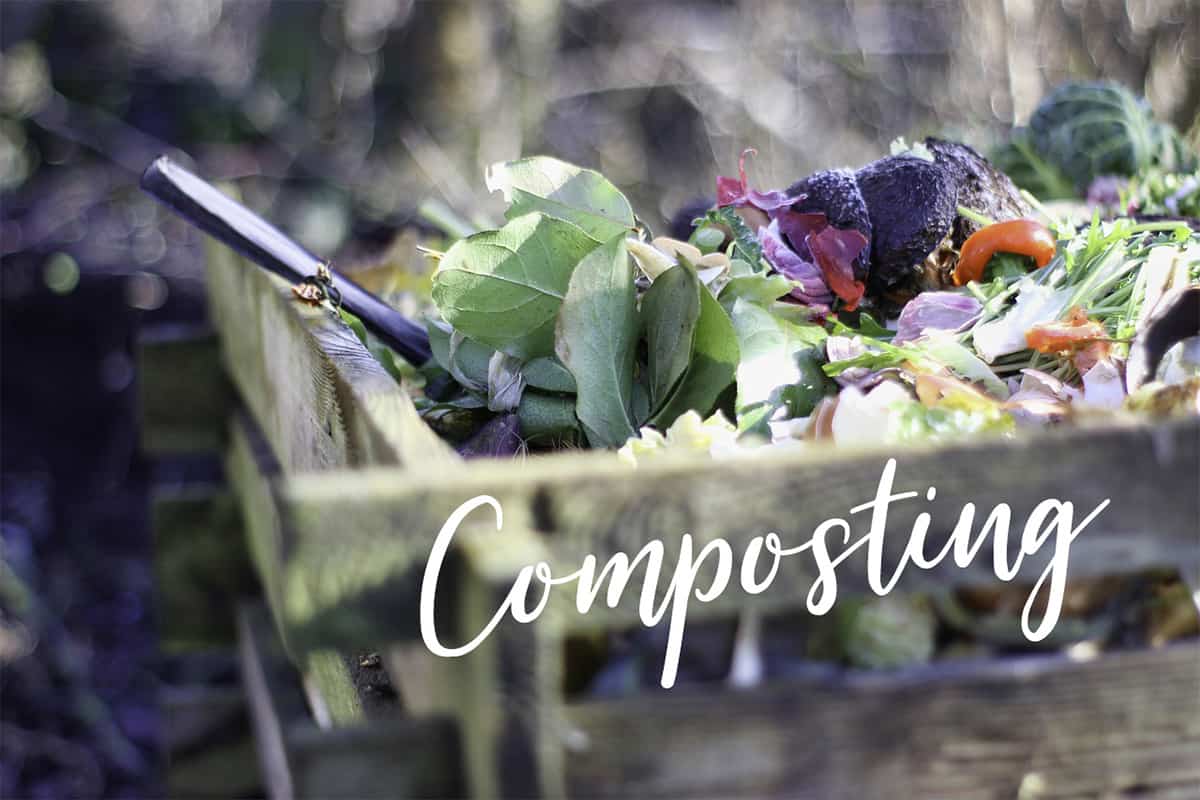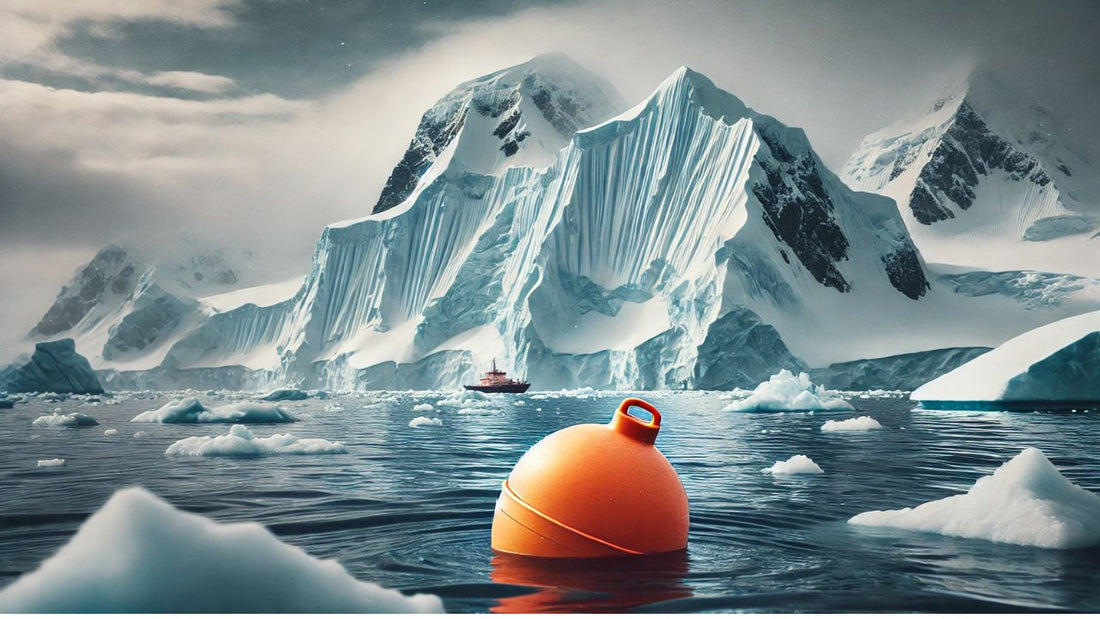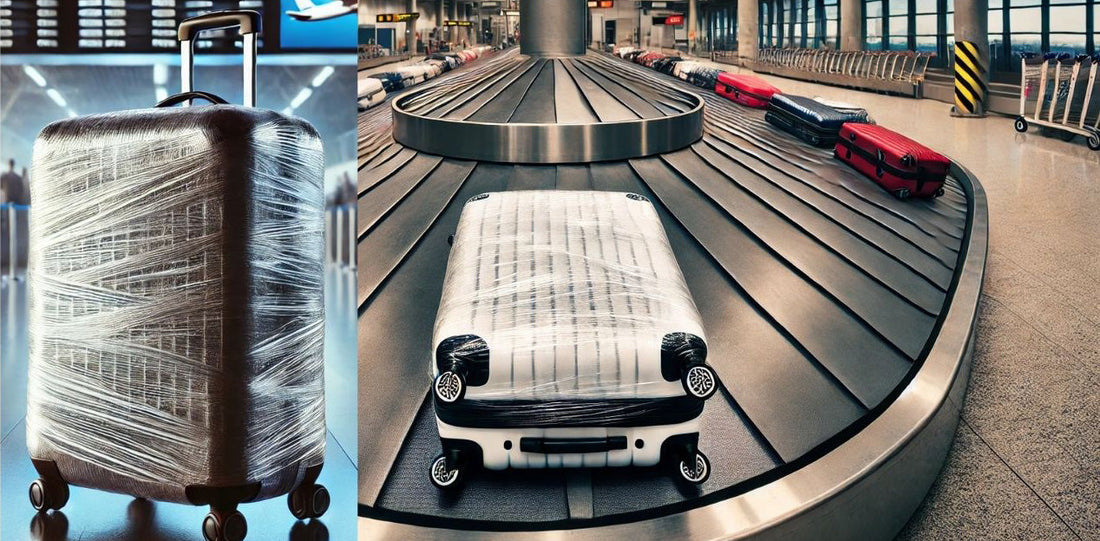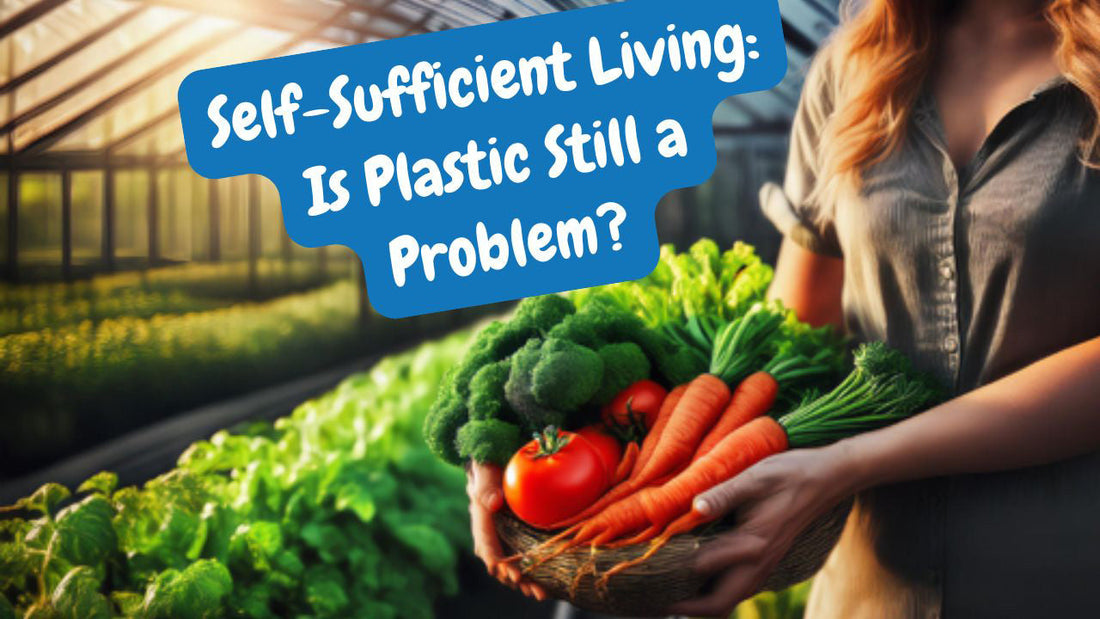A GUIDE FOR BEGINNERS
One of the first things people asked when plastic bag bans were introduced was: “now what am I going to use for my kitchen garbage bags?” While this may seem like a very logical question, I believe the real questions is:
“Why are people still using plastic bags for their kitchen waste?”
The reason why most people use plastic bags for their waste is because there’s usually wet materials being placed into the bag. For example: vegetable scraps, fruit peels and cores, any food scraps coming off plates and egg shells. Adding these types of products to a paper bag, then hoping that the contents don’t fall all over your kitchen floor, is a recipe for disaster. And there it is — the reason people use plastic bags for their garbage.
The question then becomes:
“Why are you adding food waste to your household garbage?”
Ozharvest estimates that food waste makes up 35% of household waste. If you’re looking to reduce your household waste, and you’re still throwing your food waste then get excited, because you’re about to get introduced to the fastest way to reduce your household waste — by thirty-five percent!
We’ve written may articles before on composting; how different materials break down in a compost, the difference between biodegradable and compostable, questioning whether products actually biodegrade or if it's simply greenwash, as well as run many tests on compostable products to see if they pass the test. However, in this blog post we’re addressing why you should compost, and we’ll let you in on what we like to call the lazy gardeners, simple method of reducing waste.
Why Should You Compost?
There are so many reasons why you should compost that I’m not sure I can write them all in one blog post, but I can’t think of a single reason why you shouldn’t! Here’s a few reasons why I think composting is the king of reducing waste:
- Composting is a fun and educational tool that can be used to teach kids (and perhaps yourself too) how long things take to compost, or return back to nature.
- Who doesn’t want great soil to use for their veggie garden or flower garden? Compost provides your plants with all the nutrients they require — great soil means delicious, healthy vegetables, (or beautiful flowers)!
- If you leave your food scraps in the bin too long you’ll soon experience the not so pleasant smell of rotting food. This equates to putting your garbage out sooner, meaning more plastic bags are headed straight to landfill. ????
- There are so many things you can compost, not just the obvious food scraps but you can also add hair, cotton buds (the bamboo stemmed variety), paper and dryer lint and dirt from your vacuum (note you should only add these two items if you are confident there are no plastic particles in them).
- And finally you’ll reduce household waste by at least 35% when you start composting!
There you have it, five great reasons why you should start composting today!
While there are several different ways you can compost, I’d like to introduce you to the easiest, hassle free way of composting . . .
Trialling Different Composting Systems
I’d tried several different methods of composting over the years. My first composting venture was using a worm farm. This was a great experience, and it's perfect for those that live in places that don't have outdoor areas where they can tend to their compost piles. Or in my case at the time, if you live in an area with bears, you'll want to keep that compost inside!
The downside of worm composting? There are certain items you can’t add to your compost and essentially it’s like owning a pet (or hundreds or pets)!
If you’re heading out of the home for several weeks you’ll need to ensure they are well feed so they don’t starve to death. You'll also need to retrieve the casings / soil from the farm, which means handling worms.
If the thought of touching worms creeps you out, then you'll want to cross worm composting off your list.
The next type of composting system I tried was a barrel compost. A large round barrel on a stand with a handle on the side that you use the regularly rotate the compost. Using this type of composting is very similar to traditional pile composting, meaning that you need to add the correct balance of brown to green matter.
Personally, I’m far too lazy of a gardener (or time poor) to fuss with this type of system so when my neighbour told me about the simple method of Bokashi composting I was intrigued.
The Secret to a Simple Compost System
What the heck is Bokashi?
Bokashi is a Japanese word that means “fermented organic matter”. To put it simply, Bokashi composting is a method whereby you layer your food scraps into a large sealed bucket. On top of each layer you place bokashi mix which aids the fermentation of the food scraps. This fermentation process is what helps your food scraps break down faster when added to soil.
Bokashi composting is the perfect method for a “lazy gardener”, or a “lazy composter”.
You can add all your food scraps to Bokashi, including meat, dairy, citrus and egg shells. Simply add your food waste to a (specially designed) bucket that has a tap on the bottom. Layer with Bokashi mix and repeat until the bucket is full.
Once full, dig a large hole in the garden, add the entire contents of the bucket to the hole, cover with dirt and let Mother Nature do her thing!
And there it is, the easiest, hassle free way to compost your food waste!
Are you an expert composter or just beginning your composting journey? Perhaps you've been wanting to give it a try but aren't quite ready for the next step? If you're the later, and you have some questions regarding composting specific to where you live leave a comment below, hopefully I can help you with the next step!





